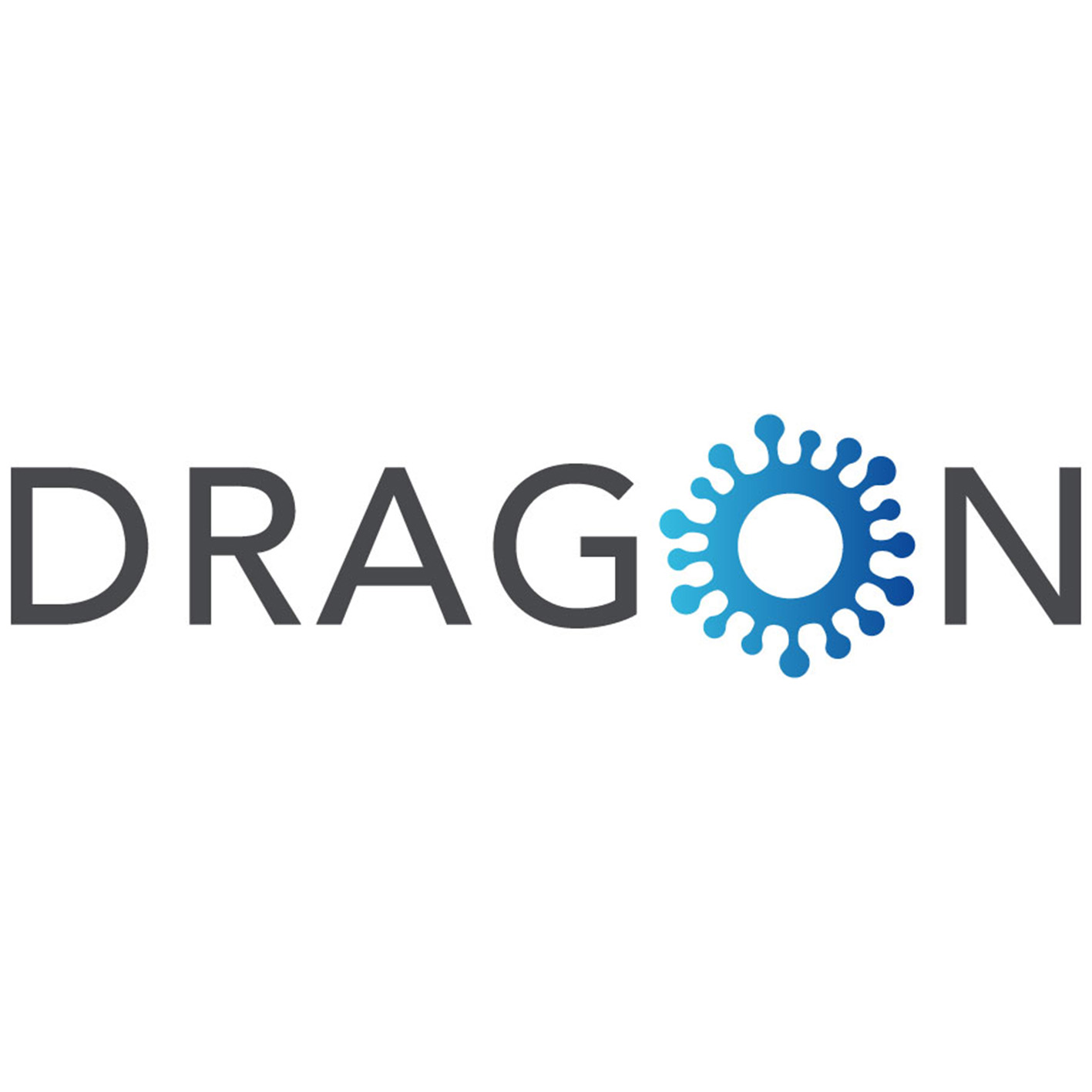Goal
DRAGON sets out to combine the expertise of a variety of partners in the field of AI and machine learning to develop a decision support system for precise COVID-19 diagnosis and patient outcome prediction using CT scanning. Its purpose is to go beyond flattening the curve in order to dramatically elevate the response capacity of the health system to the coronavirus pandemics. The health system capacity can be increased, the pace of research and innovation can be sped up and people can be empowered.
Medical Application
Screening, triage, and severity assessment of COVID-19 patients for precise diagnosis and prediction of disease progression and recovery, based on chest CT analysis with artificial intelligence.
Timeline
Collaborating Partners
Contribution by Thirona
Within DRAGON, Thirona develops and contributes with AI tools that will allow for precise diagnosis and prediction of disease progression and recovery, building on its existing CAD4COVID-CT software. Thirona’s CAD4COVID-CT uses a standardized measurement of pulmonary involvement of COVID-19 to automatically assess CT scans and quantify the measure of COVID-19 suspicion, as well as the severity of the infection based on the percentage of affected lung area.
Background
The COVID-19 pandemic has illustrated significant shortcomings in lack of response capacity and efficiency in the healthcare system. The DRAGON project aims to make patients more aware of their options and provide better understanding of patients’ perspectives for the clinicians.
CT scans were used by physicians since the very start of the pandemic and proved to be a sure way to identify infections. However, the traditional way of CT scan assessment is time-consuming and is especially prone to error in the conditions of heavy workload and high pressure on the radiologist.
The DRAGON project focuses on partnering up with high-tech SMEs, academia, BioTech and Pharma to draw on new and existing data and sample collection, including CT scans to carry out detail patient profiling. AI is then used to transform this information into a precision medicine approach to help clinicians and patients with decision-making around treatments.
